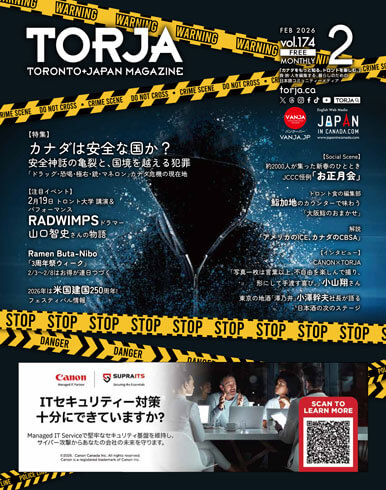A Japanese journalist Shiori Ito, whose rape accusations against a high-profile TV journalist turned her into a symbol of #MeToo movement in Japan, has been awarded 3.3m yen ($30,000) in damages. The Tokyo district court ordered Noriyuki Yamaguchi, who has consistently denied the allegations, to pay Ito damages and dismissed his 130m yen counter suit against her.
The court said in its written ruling that she was “forced to have sex without contraception, while in a state of unconsciousness and severe inebriation”. “We acknowledge that the plaintiff continues to suffer from flashbacks and panic attacks until now.”
Ito, who faced a torrent of abuse online after taking the rare step of going public about her experience, held up a “victory” banner outside the court on Wednesday. “We won. The countersuit was turned down,” she said. But in a news conference hours later, Yamaguchi said he planned to appeal— and he again denied the rape allegations.
Ito said she was surprised to get such a positive result, and described it as a landmark case for Japanese sex crime, according to a report by NHK. She said that since the judge ruled there was no consent, but the case never made it to criminal court, it highlights what is wrong with the country’s rape laws. Ito also said she wants to take legal action against people who have slandered her in connection with this issue.
What happened so far?
Ito alleged that Yamaguchi (53)raped her in 2015, after they met for a meal and drinks to discuss a job opportunity. She suspects that she was drugged, saying she went to the bathroom and the next thing she remembered was waking up to him raping her.
“When I regained consciousness, in intense pain, I was in a hotel room and he was on top of me,” she told Agence France-Presse in a recent interview. “I knew what had happened but I couldn’t process it.” She ran out of the hotel room leaving behind Yamaguchi, who was asking her if “he could at least take [her] underwear as a souvenir.”
Ito was an intern at news agency Reuters when the alleged rape occurred. Yamaguchi was then the Washington bureau chief for the Tokyo Broadcasting System, a major media firm in Japan. He has written books related to Prime Minister Shinzo Abe’s cabinet, and is known for having close ties with Prime Minister Prime Abe.
Ito took her case to the police few days after the incident, and said that the police tried to discourage her from pursuing legal action in her case. The police forced her to re-enact the alleged rape with a life-sized doll while male officers looked on, and she stated that “Japan’s Justice system had failed her.”
After gaining testimonies from witnesses including a taxi driver and a doorkeeper at the hotel and checking the footages, the police took the matter more seriously. Jowever, Yamaguchi’s case was dropped right before the moment of arrest, citing “insufficient evidence.”
In a country where rape victims rarely speak up, Ito decided to make her voice heard.
In 2017, she held a press conference to give her account of what happened. The #MeToo movement against sexual harassment and assault was growing worldwide and the case generated discussion in Japan. Ito sued Yamaguchi in civil court, demanding roughly 100,000 dollars in compensation.
She gave news conferences and published a book with her account of what happened. Yamaguchi countersued her for roughly 1.2 million dollars, claiming she damaged his reputation and invaded his privacy.
Civil court judgement
The court ruled in favor of Ito, and threw out Yamaguchi’s case, according to a report by NHK. Presiding Judge Akihiro Suzuki said Ito consulted police and her friends about the incident, which lends credibility to her assertion that the sex was not consensual.
Suzuki said Yamaguchi’s statements raised serious doubts about their credibility. He said some contradicted emails Yamaguchi sent at the time, and a crucial part of one statement underwent unreasonable changes.
The judge also dismissed Yamaguchi’s complaint about invasion of privacy. He said Ito was trying to change the situation for sexual crime victims, and it served the public interest. The day after the court’s decision, Ito and Yamaguchi both spoke to reporters at the Foreign Correspondents’ Club of Japan.
He told reporters that he plans to appeal and argued that the judge rejected objective evidence, and claimed the ruling was biased, with contradictions and irrational presumptions.
Yamaguchi faced questions about his high-level connections, and whether he spoke with any politicians or senior bureaucrats about the case. He said he didn’t, and hadn’t heard of anybody else doing so.
Read more: Japan’s Secret Shame















































